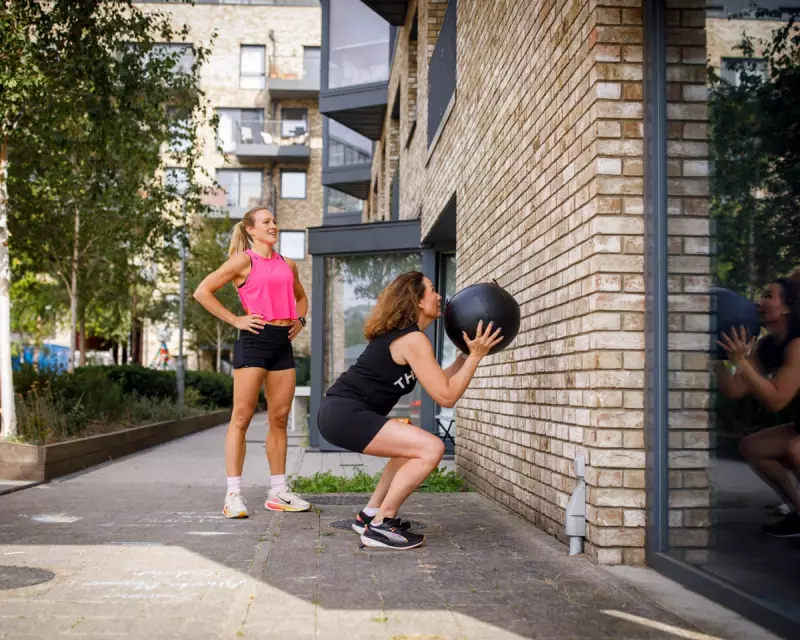
A quiet revolution is sweeping across Britain's parks, gyms, and city squares. The era of the solitary, headphone-in morning jogger is giving way to a new, more communal approach to fitness, according to a major new report.
The study, conducted by the UK Fitness Institute, reveals a dramatic 35% surge in participation in organised fitness events over the past two years. Britons are increasingly trading in the lonely treadmill for the shared challenge and camaraderie of events like obstacle course races, mass participation runs, and themed workout classes.
More Than Just a Workout: The Social Fabric of Fitness
This isn't just about breaking a sweat; it's about connection. The data points to a deep-seated human desire for community, which was amplified post-pandemic. Fitness events provide a structured, social, and goal-oriented outlet that solo gym sessions often lack.
"People are craving shared experiences and a sense of belonging," explains Dr. Anya Sharma, a behavioural sociologist who contributed to the report. "Completing a challenging 5k mud run with a group creates powerful bonds and a sense of collective achievement that you simply cannot get from running alone on a pavement."
The Event Economy: A Boon for Local Communities
This trend is also fuelling a burgeoning 'event economy'. Local councils and businesses are capitalising on the demand by hosting everything from weekly yoga in the park to large-scale city-centre cycling events.
These events are not only improving the nation's physical health but also providing a significant boost to local cafes, sports retailers, and fitness instructors. They transform public spaces into vibrant hubs of activity, fostering local engagement and boosting the economy.
What's Driving the Shift?
The report identifies several key factors behind this cultural shift in how we exercise:
- The Post-Pandemic Effect: A renewed appreciation for communal activities and outdoor spaces.
- Social Media Influence: The desire to share achievements and be part of a visible, trending movement.
- Mental Health Benefits: The powerful combination of endorphins and social interaction is a major draw for those seeking to reduce stress and anxiety.
- Gamification: Events often incorporate elements of play, competition, and reward, making exercise feel less like a chore.
From the iconic mass start of ParkRun to the gruelling teamwork of Tough Mudder, the British public is voting with its feet. The message is clear: the future of fitness is social, shared, and firmly event-driven.





